Exercise program helps men get zing back in their lives after prostate cancer
Aggressive prostate cancer has been said to leave men with an impossible choice: treat it and cease to be men, or don’t – and cease to be.
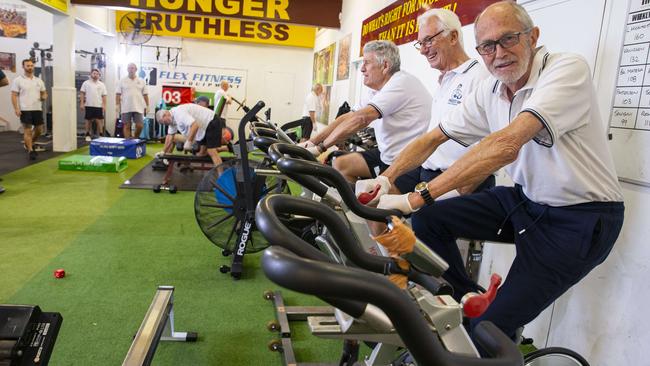
Aggressive prostate cancer has been said to leave men with an impossible choice: treat it and cease to be men, or don’t – and cease to be.
Like no other cancer, the consequences of prostate cancer treatment strike at the heart of male identity, with incontinence and the loss of sexual function a near-universal experience after surgery and other treatments.
But there is no need for many prostate cancer survivors to live with ongoing incontinence and sexual dysfunction, according to a pair of pioneering West Australian health workers who are calling for greater access to rehabilitation for men before and after surgery and treatment.
Perth physiotherapist Jo Milios has helped many hundreds of men recover from urinary incontinence and erectile dysfunction and the associated psychological distress via the charity she founded, a gym-based exercise program called PROST! Exercise 4 Prostate Cancer Inc.
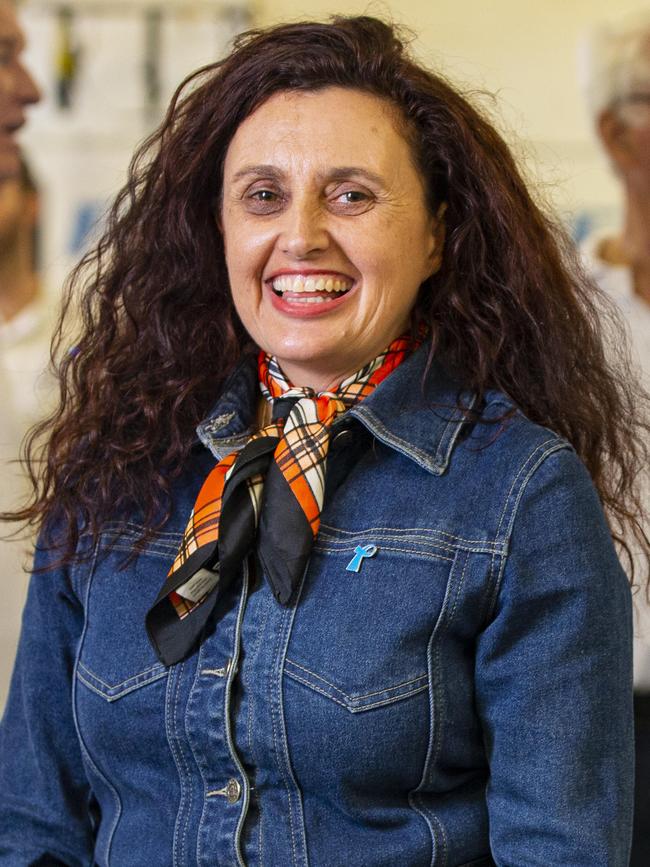
She collaborates closely with nurse practitioner and clinical sexologist Melissa Hadley-Barrett, and the pair have educated thousands of men on prostate cancer rehabilitation via their podcast, The Penis Project.
“I think from my perspective it was to a great degree a comfort to know it wasn’t the beginning of the end,” said prostate cancer survivor Colin Crohan of being referred for restorative therapy.
“When I speak to other men who have been treated for prostate cancer, sexual function just doesn’t seem to be on the agenda. But it’s so important to self esteem and just feeling normal, being able to feel you’re still a fully functioning male.”
Twice a week at Subiaco Oval in Perth, which has donated the use of its gym to the group, men complete workouts that build strength, flexibility and cardiovascular fitness while incorporating pelvic floor contractions into the exercises. Dr Milios teaches the men how to contract their pelvic floor by connecting them to ultrasound machines.

“When men lose the organ of the prostate, they lose the automatic control of the bladder,” she says. “It’s like the plug of the urinary system, and they also lose a bladder sphincter, which is like the seal of the bladder. So what happens is the pelvic floor muscle is then forced to take over the role of those two functions when it’s underdeveloped, weak and unprepared for that new job.
“Most men don’t even know they have a pelvic floor. So when it comes to having prostate cancer, unless they get sent to a dedicated pelvic health physiotherapist, who doesn’t mind seeing men, they’re left in the lurch.”
Dr Melios completed a PhD on prostate cancer rehabilitation and demonstrated that 75 per cent of men who undertake a preoperative intensive pelvic floor program can be cured of urinary incontinence within three months. She said 99 per cent of the patients she worked with over 12 months recovered function.
Ms Hadley-Barrett has worked with hundreds of men to overcome sexual dysfunction and says many patients have no idea the loss of sexual function after prostate cancer is treatable.


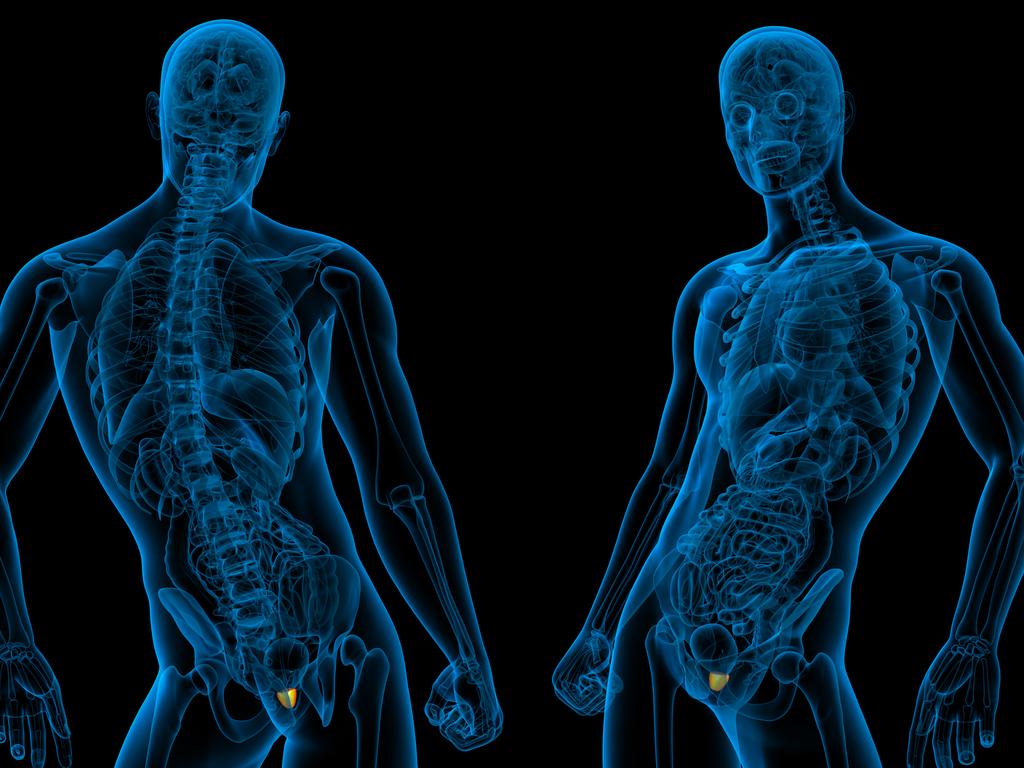
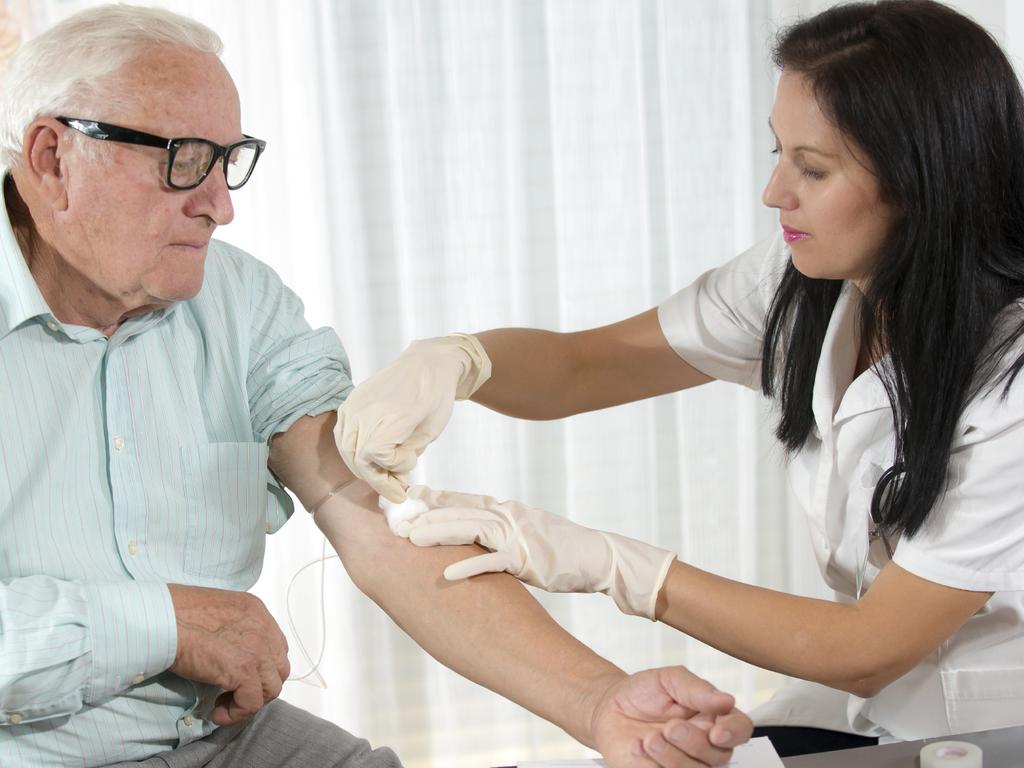
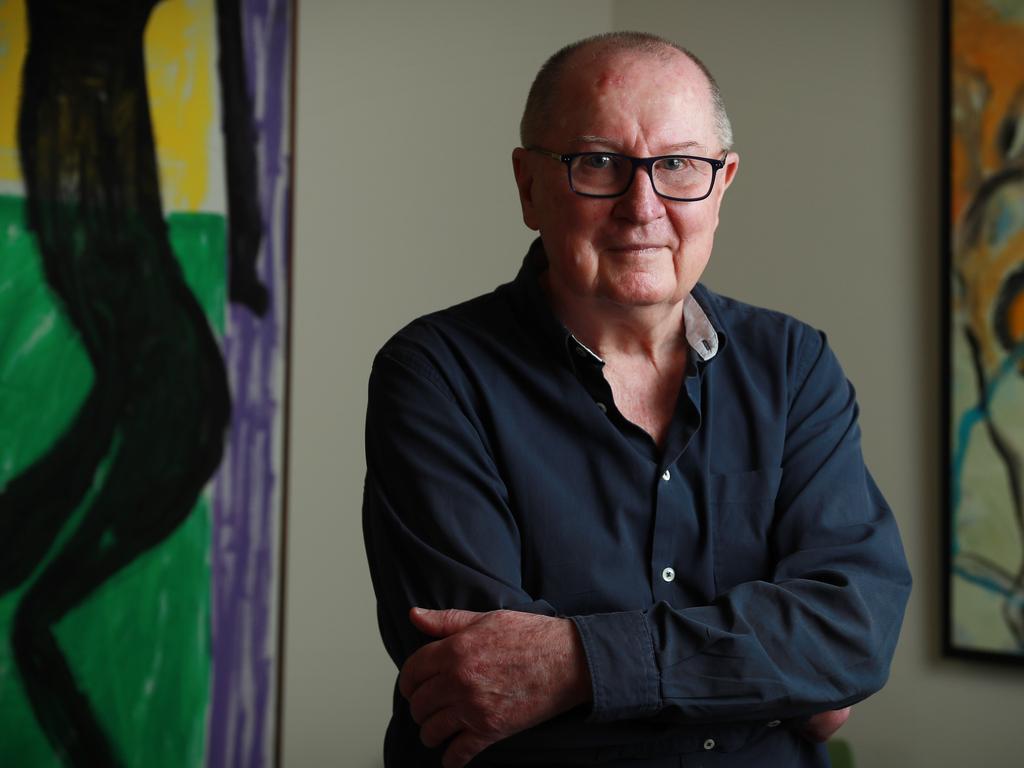



To join the conversation, please log in. Don't have an account? Register
Join the conversation, you are commenting as Logout